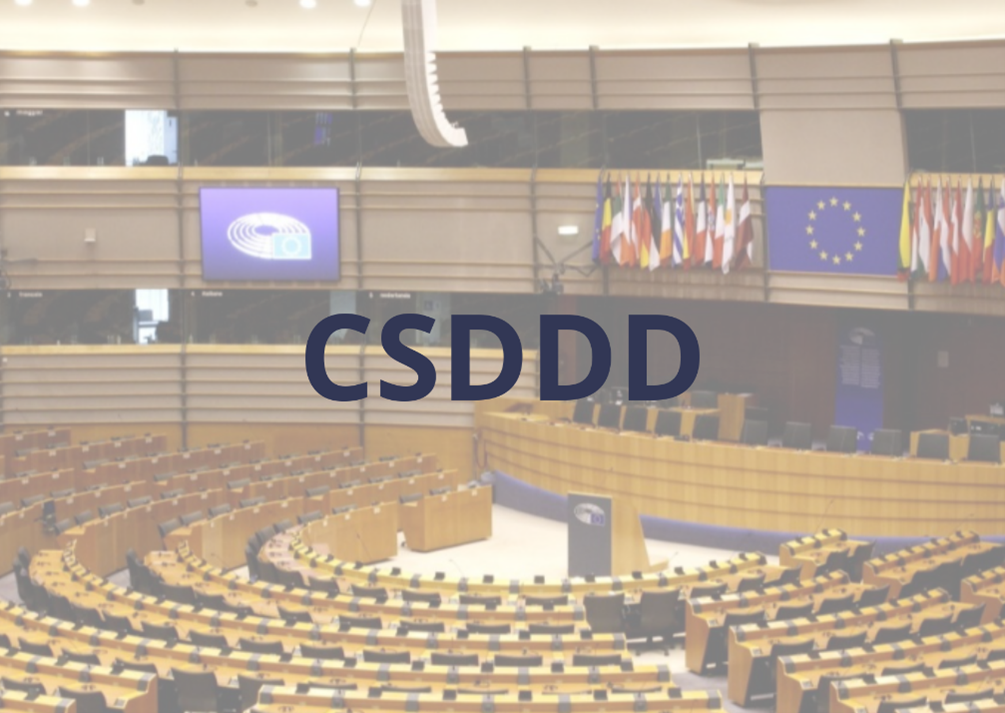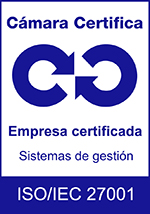The CSDDD sets out a number of obligations and requirements for companies to operate in a responsible manner, taking into account both human rights and the environment. This will affect thousands of businesses inside and outside the European Union.
The Directive establishes obligations such as having a due diligence policy, identifying and mitigating adverse human rights and environmental impacts, establishing grievance procedures and communicating publicly on due diligence… In addition, the adaptation of a climate transition plan in line with the Paris Agreement is required:
- Have a due diligence policy in place.
- Determine actual or potential negative effects on human rights and the environment.
- Prevent and mitigate potential negative effects.
- Establish and maintain a complaints procedure.
- Monitor the effectiveness of the due diligence strategy and measures.
- Communicate publicly on due diligence.
- Adapt a climate transition plan in line with the Paris Agreement and with the objective of limiting global warming to a maximum of 1.5°C.
This regulation will affect EU companies, third country companies with activities in the EU and, albeit indirectly, small and medium-sized enterprises as part of the supply chain.
EU Member States in the Council are now being called upon to speed up final approval, clearing the way for the law to enter into force. After its adoption, it will be crucial to transpose and implement the standard effectively and, in the coming years, to work together to close the loopholes that will hinder it from realising its full potential.
Impact on business and supply chains
It is estimated that more than 5,000 companies will be affected by this new regulation. In the EU, large companies with more than 1,000 employees and more than 450 million annual turnover will be the first to have to comply with the CSDDD requirements, with gradual implementation extending to 2029:
- 2027: companies with 5,000 employees and 1.5 billion euros
- 2028: companies with 3,000 employees and 900 million euros.
- 2029: companies with 1,000 employees and 450 million euros.
In addition, third country companies with activities in the EU will be subject to the CSDDD, based primarily on their turnover. And small and medium-sized enterprises will also be indirectly affected as many of them are part of the supply chains of the large companies subject to this regulation.
Challenges and opportunities for business
In Spain, the implementation of due diligence has been a challenge. According to analysis of sustainability reports, although a significant percentage of IBEX 35 companies carry out due diligence processes (77%), there are areas for improvement, especially in the disclosure of impacts in the supply chain and in the adoption of remediation measures. It is worth noting that more and more Spanish companies are committed to human rights, and the CSDDD offers an opportunity to promote a more ethical and responsible business culture.
In addition, sanctions at both administrative and civil level are established to ensure compliance. Supervisory authorities will be charged with monitoring compliance and may impose fines based on the worldwide net turnover of companies in breach of the rules of up to 5%. With Laragon’s technology we help companies maintain high standards of corporate responsibility and thus avoid any risk of CSDDD-related sanctions.



